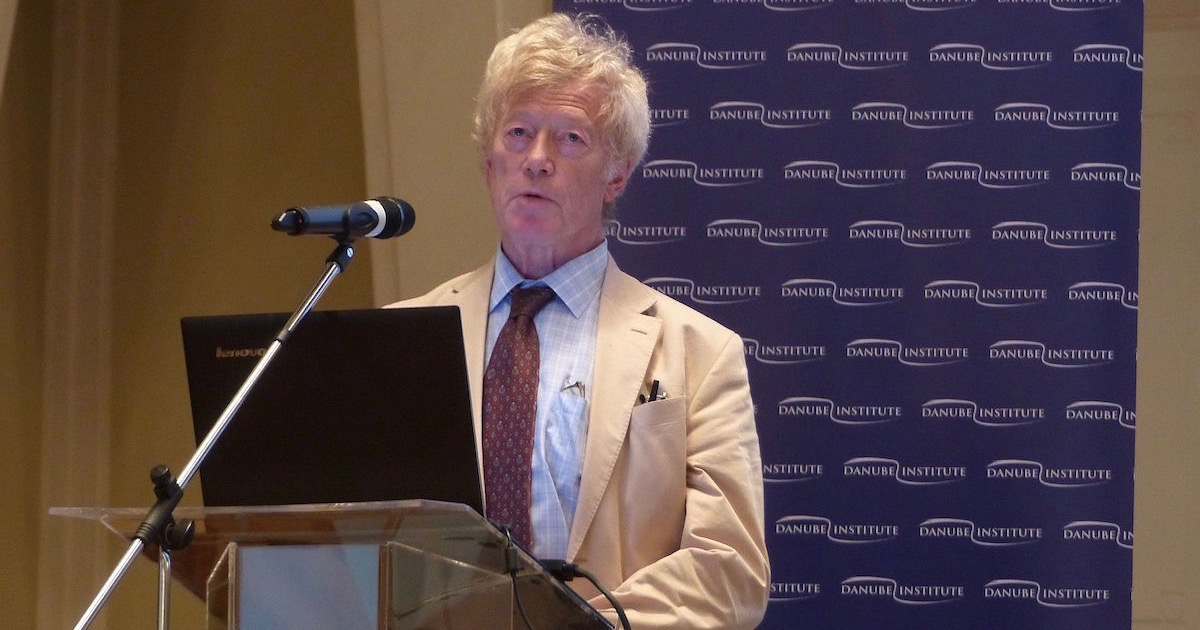 Culture & Ethics
Culture & Ethics
 Evolution
Evolution
 Human Origins
Human Origins
I and Thou — Roger Scruton on What Makes Human Beings Unique

Writing in the New York Times, philosopher Roger Scruton denies the divine spark argument that supports human exceptionalism — which I agree is not required to support HE — and focuses instead on our unique moral natures. He cites the “astonishing moral equipment of the human being — including rights and duties, personal obligations, justice, resentment, judgment, forgiveness,” which Scruton believes arises solely out of evolution.
Yes, I note before going on, this appeared in the New York Times, a newspaper that publishes articles denying or attacking human exceptionalism so often that when it publishes a piece supportive of our uniqueness, fairness requires that notice be taken.
Whatever its cause, our moral natures do indeed distinguish us from fauna. But Scruton adds our ability to relate to each other — and use language consistent with — all of us being subjects rather than objects. From “If We Are Not Just Animals, What Are We?“:
We human beings do not see one another as animals see one another, as fellow members of a species. We relate to one another not as objects but as subjects, as creatures who address one another “I” to “you” — a point made central to the human condition by Martin Buber, in his celebrated mystical meditation “I and Thou.”
Yes. And this is a distinction between us and animals that extends beyond mere biology to the moral realm. Scruton concludes:
By speaking in the first person we can make statements about ourselves, answer questions, and engage in reasoning and advice in ways that bypass all the normal methods of discovery. As a result, we can participate in dialogues founded on the assurance that, when you and I both speak sincerely, what we say is trustworthy: Hence as persons we inhabit a lifeworld that is not reducible to the world of nature, any more than the life in a painting is reducible to the lines and pigments from which it is composed.
If that is true, then there is something left for philosophy to do, by way of making sense of the human condition. Philosophy has the task of describing the world in which we live — not the world as science describes it, but the world as it is represented in our mutual dealings, a world organized by language, in which we meet one another I to I.
This is not a matter of pins and angels. Accepting human exceptionalism is a crucial predicate to attaining and philosophically defending universal human rights.
Because if human interactions are not always subject-to-subject — as Roger Scruton contends correctly — but, in some cases, can be reduced to subject interacting with human object, those denigrated as the latter will be vulnerable to oppression, exploitation, and destruction.
Photo: Roger Scruton, by Elekes Andor [CC BY-SA 4.0], via Wikimedia Commons.
Cross-posted at The Corner.
